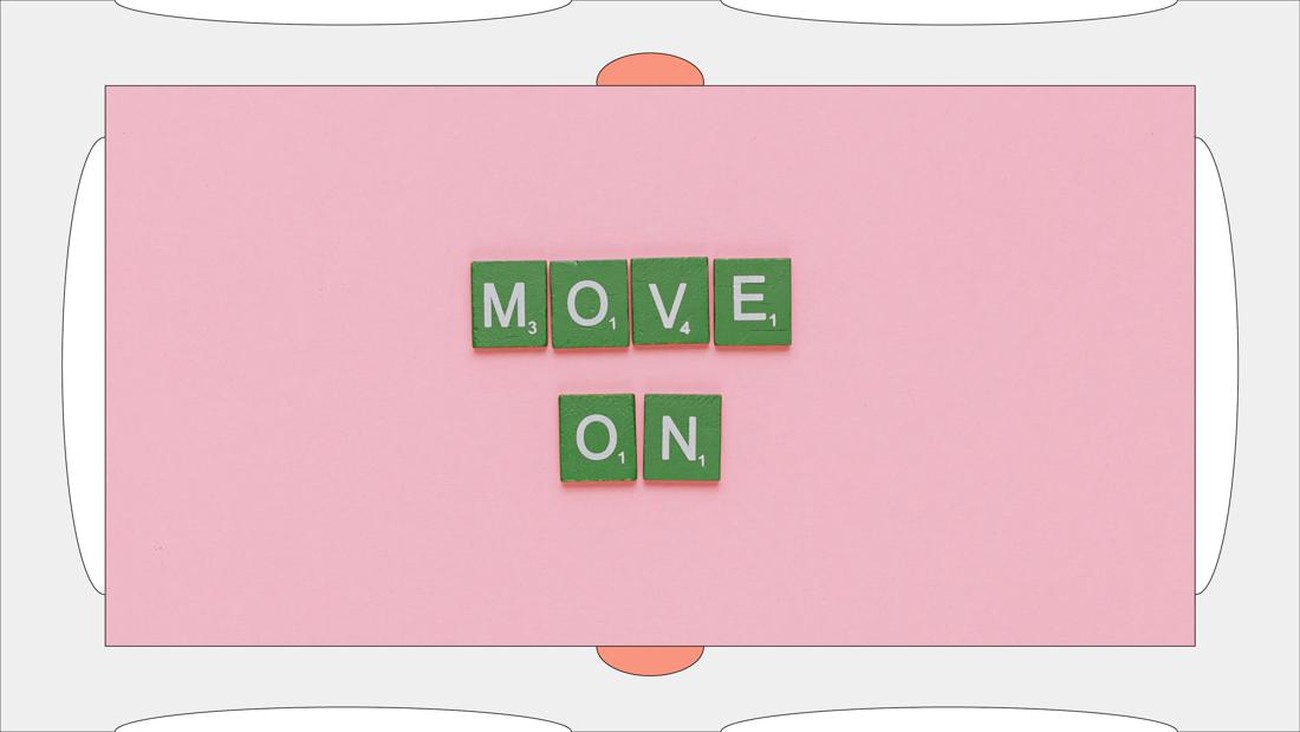When did you last experience your greatest heartbreak? Do you still ache at the sound of your past lover's name being whispered from your lips, even though you already settled your heart for someone else? Or no matter how hard you try, you can never shake off the memories that automatically play out in the back of your mind when you come across an object or places that were tied to a certain someone?
Being in love is bliss. Out of billions of people in the world, one is able to make you feel all kinds of things: butterflies, warmth, protection, and most importantly, the feeling of being loved. Unfortunately, some romances are not meant to last forever. The one person you seem like you have trusted all your life with, eventually steps out in your life-leaving cold in the place in your heart where warmth was all there ever was. And it aches your heart, leaves you wondering at night over and over again what went wrong. Some people went through the hardest heartbreak after separating with their loved ones for whatever reasons there are, while some had it as easy as flipping the palms of your hands. Of course, it depends on the characteristics of people and the nature of their past relationships.
How people deal with heartbreak differs from one person to another. I got the chance to ask some of my closest friends about their greatest heartbreak and how they deal with it. My high school friend, Radit, told me that the most unforgettable process of moving on was with someone he never ends up with. "I was struggling to move on not because of the feelings I had for her, but rather because of the curiosity of what could've happened if we ended up together," he explains. Radit proclaims how his friends would tell him how they would look cute together, that he felt the need to fulfil people's expectations about it. "I just feel like it's hard because it was an unresolved feeling-since it never happened, because I failed to grasp the chances I once had."
What exactly Radit did to overcome his last heartbreak was done through a wrong approach, he claimed. "There were so many things that reminded me of her. So I thought I'd feel better if I stray away from them; friends who supported us or my favorite foods we used to share. But somehow it never works, it only hurts me more." For Radit, he felt like he enjoyed being drowned in the pain. He told me how it somehow made him feel like he's the most miserable person in this whole world. "But I finally learned that I shouldn't have avoided it, I should've just gotten used to it. And it took me two years to finally get over her."
Another friend of mine, Ayas, told me how it has already been three years since she experienced her last heartbreak. "The feeling is still familiar to me. I used to be sad and reminisce about the time I had with him, but not in the way I want it back." She then explained how she tried to move on by doing things she hasn't done in years. "I had to distract myself. I started hanging out more with my friends, and picked up things I never did in a while like going out by myself. And I was happy. Even though some things remind me of him, I tried to fill it with different memories." I asked Ayas then, if she had really moved on, to which she answered, "If moving on means accepting, then I did. I feel like the parameter of moving on for some people may differ. Some declare they have moved on when they managed to forgive, while others see it by having a new person."
Sabrina also experiences a similar thing with Radit and Ayas. She explains how she cried his heart out after her boyfriend decided to dump her. "I cried for 2 weeks straight, and after 4 months of constant grieving, I started to take care of myself mentally and physically in order for me to get better. I just accept the fact that he's not my boyfriend anymore." She also argues that her ways of dealing with heartbreak might be a form of toxic positivity, "What helped me move on quickly is that I don't dwell on the good feelings he was able to make me feel, but rather the ugly ones. I feel like if you are too caught up with all the good memories, it will only prevent you from moving on."
Sabrina states how she is now happier than ever, and her process of moving on only took her about 6 months. "Moving on is a choice. If you're willing to stay in that circle, it won't get you nowhere. You just have to try and get out of it and get used to it. Now, I'm already putting myself out there romantically," she chuckled.
According to a model introduced by psychiatrist Elisabeth Kubler-Ross, there are five stages of grief; denial, anger, bargaining, depression, and acceptance. These are parts of the framework that makes up our learning to live with the one we lost; whether it is someone you love, a pet that dies, or jobs you quit. However, not everyone goes through all of them or in a consecutive order.
I want to highlight the last stage of grief, which is acceptance. Expert David Kessler explains in his book how acceptance is often confused with the notion of being okay with what had happened. That wasn't the case though, as most people don't feel alright when coming to terms with losing a loved one. He explains how accepting means creating a new norm where we must learn to live-we must try to live with the fact that something has changed and we must readjust to that reality.
This is aligned with what Radit, Ayas, and Sabrina have told me about their process of moving on. They went through hardships, but eventually it all became a phase in their lives as they managed to readjust their routines and learn to step forwards. Many expect that in moving on, they should continue to feel better and better in a straight path. However, moving on is not linear. It's reasonable that we experience a setback, learn from it, then make progress again. It may feel like you are only stuck in a continuous loop, but it's normal to experience this sort of regression-a fallback to old patterns, behaviors and ways of thinking. The goal in self development is to have the regression to decrease; be few, less frequent, and less intense. And even though it may feel like it's not bearable, hardship will promote insights, awareness, compassion, strength, resilience, and wisdom.
Moving on also doesn't necessarily mean forgetting. It's learning to accept that perhaps in life, there's always going to be a part of someone else in tiny little things like a cup of coffee, the smell of the rain, the little corner of the quaint you always pass by each morning. Sometimes it may feel like you're taking 10 steps back, but perhaps it is what needs to be done in order to move forward. It's okay if you get upset over things you thought you were over already, or that you think that you should've dealt with already. There is no specific timeline for moving on. However, it shouldn't mean that you should just sit there and wait for time to heal you. It's what you do within it that will heal you. Let yourself feel what you're feeling, embrace the messy process of moving on. Study yourself and learn to deal with your emotions in a healthy way. Recognize your growth, even if it was only in the slightest way.



